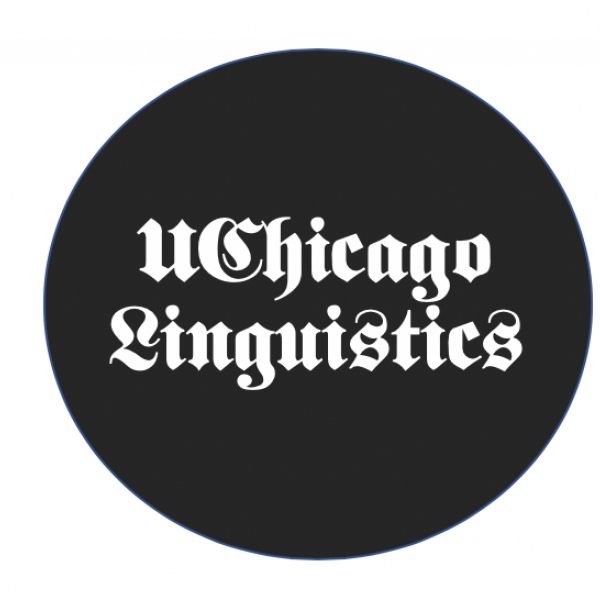
Dr. N. Tulio Bermúdez has extensive experience documenting indigenous languages of Latin America, primarily Chibchan languages, especially Naso (Panamá). Dr. Bermúdez current research focuses on verbal art (linguistic forms that are interpreted as salient, e.g. ideophones, puns, poetic couplets) through an intersection of humanistic, grammatical, and social perspectives. Dr. Bermúdez is also interested in the multilingual expressions and experiences of Latinx and queer identities.
Recent Publications
Selected Articles/Chapter:
- Bermúdez, Natalia. (2020). Ideophone Humor: The Enregisterment of a Stereotype and Its Inversion. Journal of Linguistic Anthropology.
Books:
- Naso Cultural Encyclopedia: Nasoga Tjangyo Tjlokwo - Palabras de los sabios Naso. Volume 1: Mitología y cosmología ancestral; Volume 2: Cantos tradicionales; Volume III: Arte verbal; Volume IV: Artesanía; Volume V: Medicina tradicional. 2018.
2022-23 Course offerings
Language, Gender, and Sexuality (LING 22450)
This course focuses on the relationship, in theory and in practice, between language, gender, and sexuality. We begin with a brief overview of the field and some of its major theoretical developments. Then we expand on themes of desire and identity; binaries and normativities; embodiment; “interstices”; and performativity. The practical component of the course includes critical analysis of language used to construct gender and sexuality (e.g. in drag shows, communities you belong to personally, social media, and current events). We also consider binary language reform, abolition of linguistic gender systems, and emergence of identity categories as practices of everyday relationality that contest hegemonic systems. Readings are interdisciplinary and draw from fields including Linguistics, Anthropology, Performance Studies, Literary Studies, and Queer Studies.
2020-2021 Course Offerings
Field Methods I (LING 40301) - Autumn 2020
The field methods course is a two-quarter course, taken by graduate students and advanced undergraduates. (Students may elect to take the course more than once.) This course is devoted to the elicitation, transcription, organization, and analysis of linguistic data from a native speaker of a language not commonly studied. Students will also gain practical experience in the use of fieldwork equipment. Language chosen may vary from year to year.
Field Methods II (LING 40302) - Winter 2021
The field methods course is a two-quarter course, taken by graduate students and advanced undergraduates. (Students may elect to take the course more than once.) This course is devoted to the elicitation, transcription, organization, and analysis of linguistic data from a native speaker of a language not commonly studied. Students will also gain practical experience in the use of fieldwork equipment. Language chosen may vary from year to year.
Iconicity/Sound Symbolism (LING 20430/LING 30430) - Spring 2021
Course Description TBD
2019-2020 Course Offerings
Verbal Arts (LING 27170) - Spring 2020
This course introduces linguistic patterns of speech play and verbal art (SPVA), including parallelism, jokes, language games, sound symbolism, puns, ideophones, poetry, and other expressive strategies. We examine how speakers of indigenous and minority languages around the world use these strategies in everyday speech, and discuss how native intuitions and interpretations of SPVA data provide a key to understanding epistemologies, social identities, power and inequalities, and language ideologies. Through a humanistic and scientific lens, we will theorize how SPVA pushes the boundaries of iconicity, creativity, and variation. The everyday use of SPVA becomes central to understanding the language, culture, society, and individual nexus.
